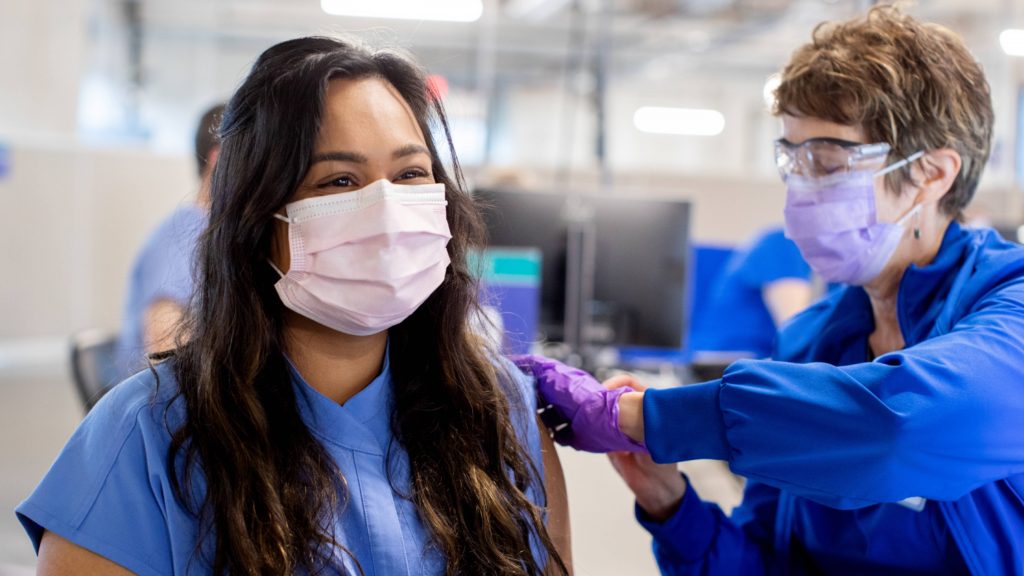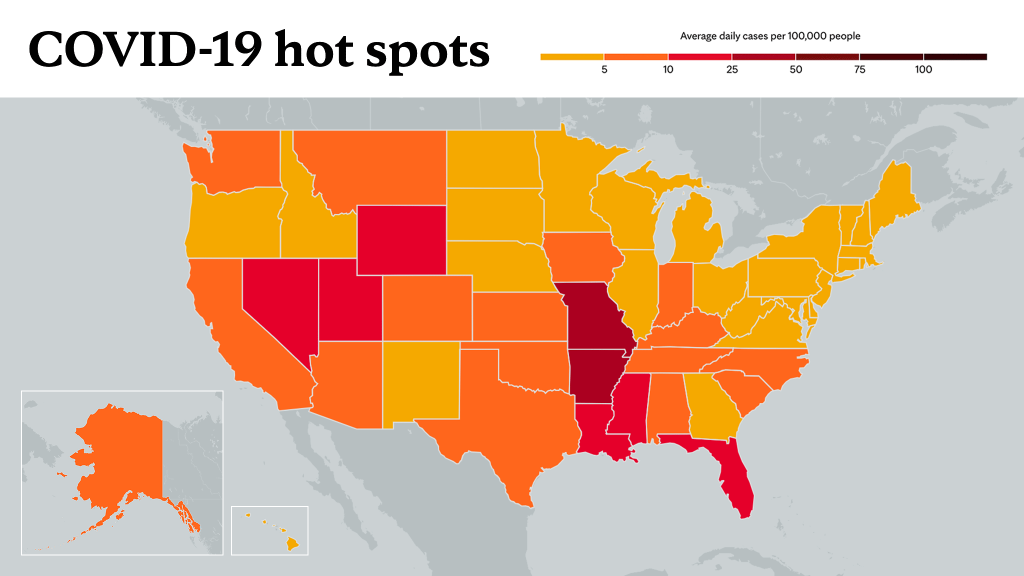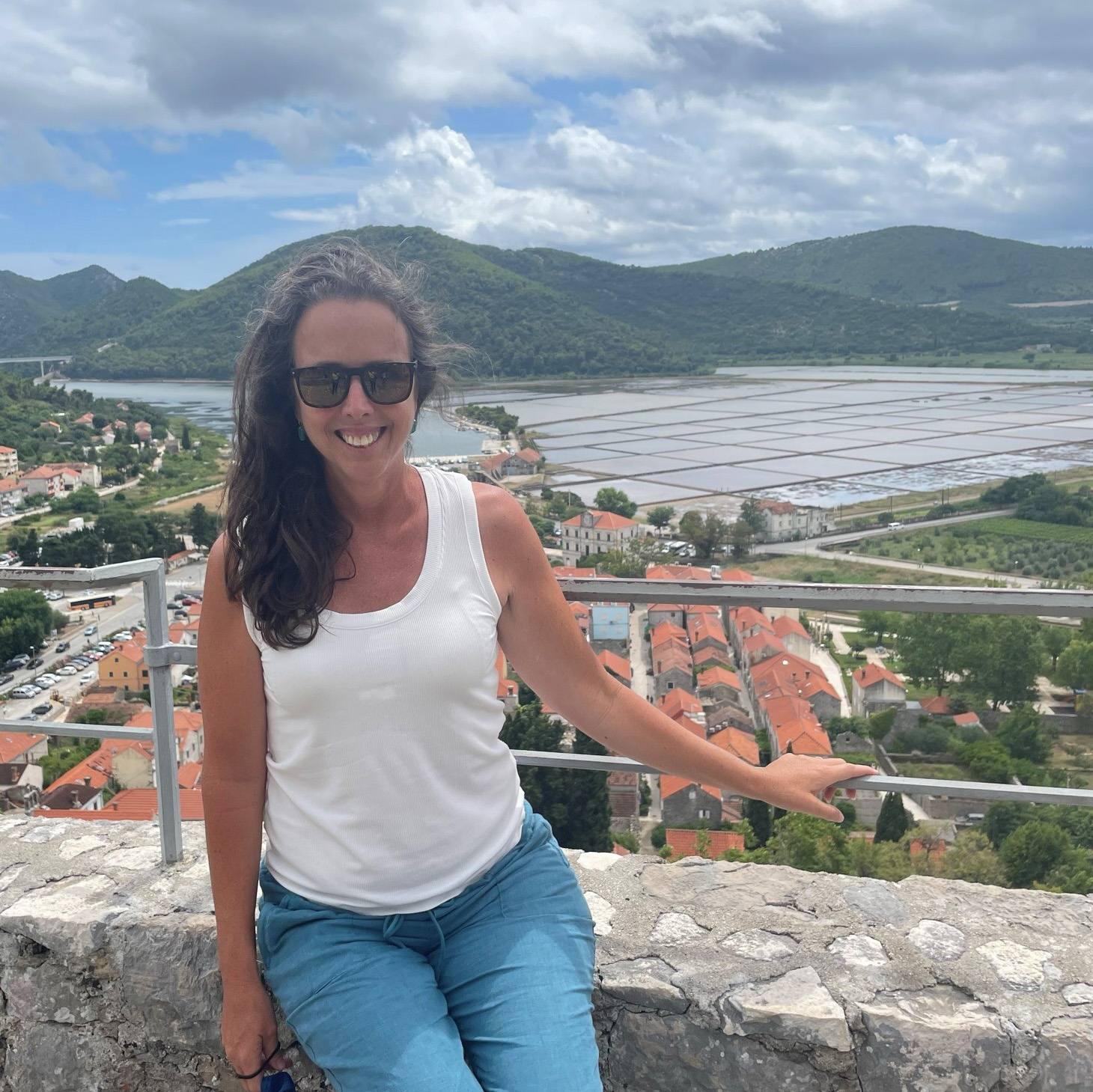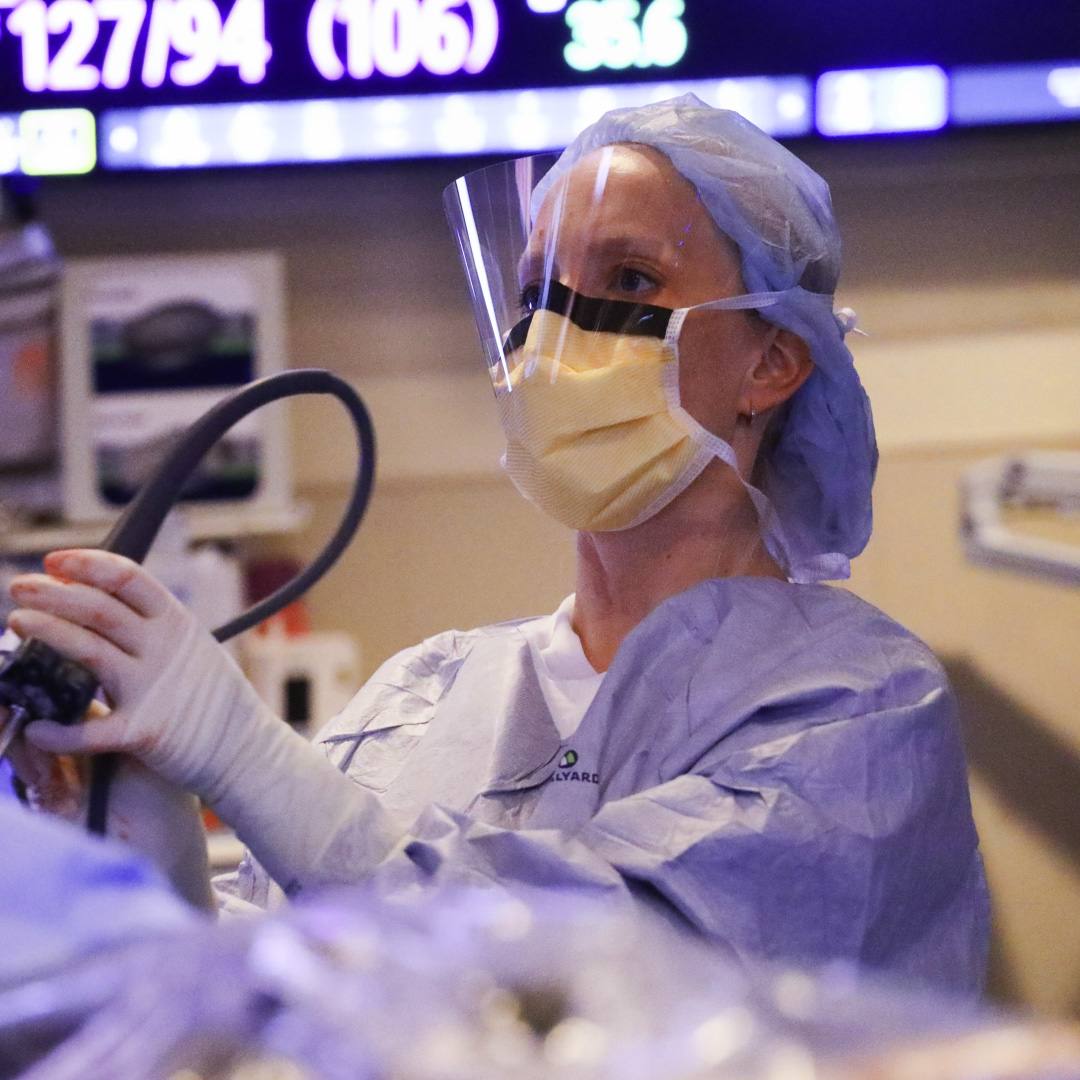
A highly transmittable form of COVID-19 known as the delta variant is spreading globally. Now a subvariant known as delta-plus has been identified.
"Delta-plus just means that there's been an additional mutation in the delta variant," says Dr. Gregory Poland, an infectious diseases physician and researcher at Mayo Clinic. "We have not really seen that take off yet. And that's probably because it's being outcompeted by the delta variant. If you look at the original virus and you say there was a certain amount of infectivity associated with that, the U.K., or alpha variant, was about 50% more infectious than the original virus. The delta virus is 50% to 60% more infectious than the alpha variant."
Watch: Dr. Gregory Poland discusses delta variant.
Journalists: Broadcast-quality sound bites with Dr. Poland are in the downloads. Please courtesy: "Gregory Poland, M.D. / Infectious Diseases/ Mayo Clinic."
The unvaccinated populations remain the highest risk group. The good news, Dr. Poland says, is that the COVID-19 vaccines are effective.
"The vaccines we have available in the U.S. ― the Johnson and Johnson vaccine, the Pfizer vaccine, the Moderna vaccine, and soon the Novavax vaccine ― are all extraordinarily effective against death, hospitalization and severe disease due to the delta variant as well as the other variants."
"That doesn't mean it (vaccination) offers 100% protection against lesser degrees of infection," says Dr. Poland. "Instead of getting severe disease or being hospitalized, might you have a small chance of asymptomatic or mild(infection, or even a very small chance of moderate infection because not everybody has a strong immune system. Some people have differences in their genetics that don't allow them to have a strong immune response, or have diseases or treatments that compromise our immune systems – including advanced age.
The delta virus is among several coronavirus variants circulating. Viruses constantly mutate, explains Dr. Poland.
"When we use the term 'variant,' we are talking about a mutation that occurs in the virus that changes how that virus infects us. It could make it less infectious, which would be great. That's not happening. Instead, these mutations are learning how to become more and more infectious, more and more dangerous, which is why the big public health push to get people kind of past their fears and concerns to say this is a lifesaving vaccine."
Read more:
- Mayo Clinic Q and A: How different types of COVID-19 vaccines work.
- Mayo Clinic Q&A podcast: On the verge of predicted surge with COVID-19 delta variant.
- Respiratory illnesses on the rise with symptoms similar to COVID-19.
_______________________________________
For the safety of its patients, staff and visitors, Mayo Clinic has strict masking policies in place. Anyone shown without a mask was either recorded prior to COVID-19 or recorded in a nonpatient care area where social distancing and other safety protocols were followed.
Information in this post was accurate at the time of its posting. Due to the fluid nature of the COVID-19 pandemic, scientific understanding, along with guidelines and recommendations, may have changed since the original publication date.
Research disclosures for Dr. Gregory Poland.
For more information and all your COVID-19 coverage, go to the Mayo Clinic News Network and mayoclinic.org.
Learn more about tracking COVID-19 and COVID-19 trends.

Related Articles







